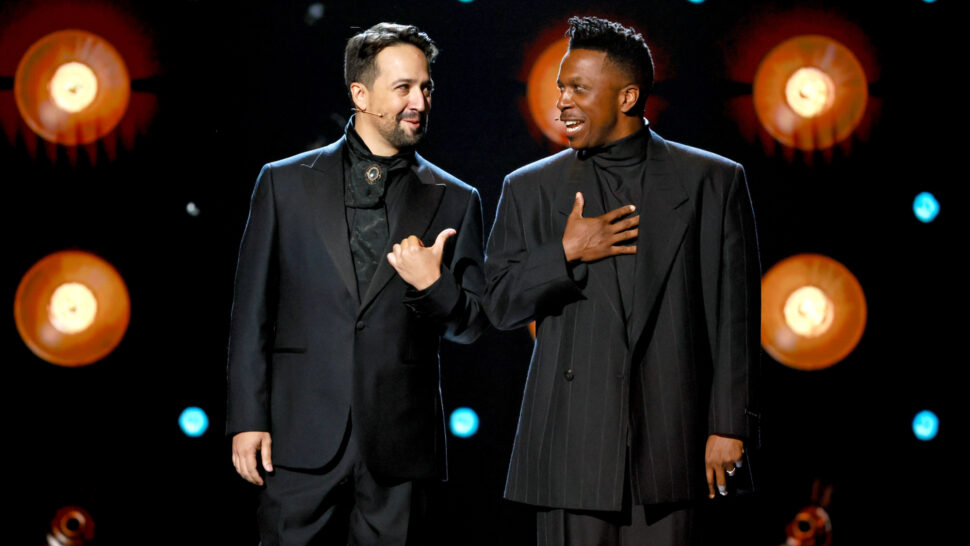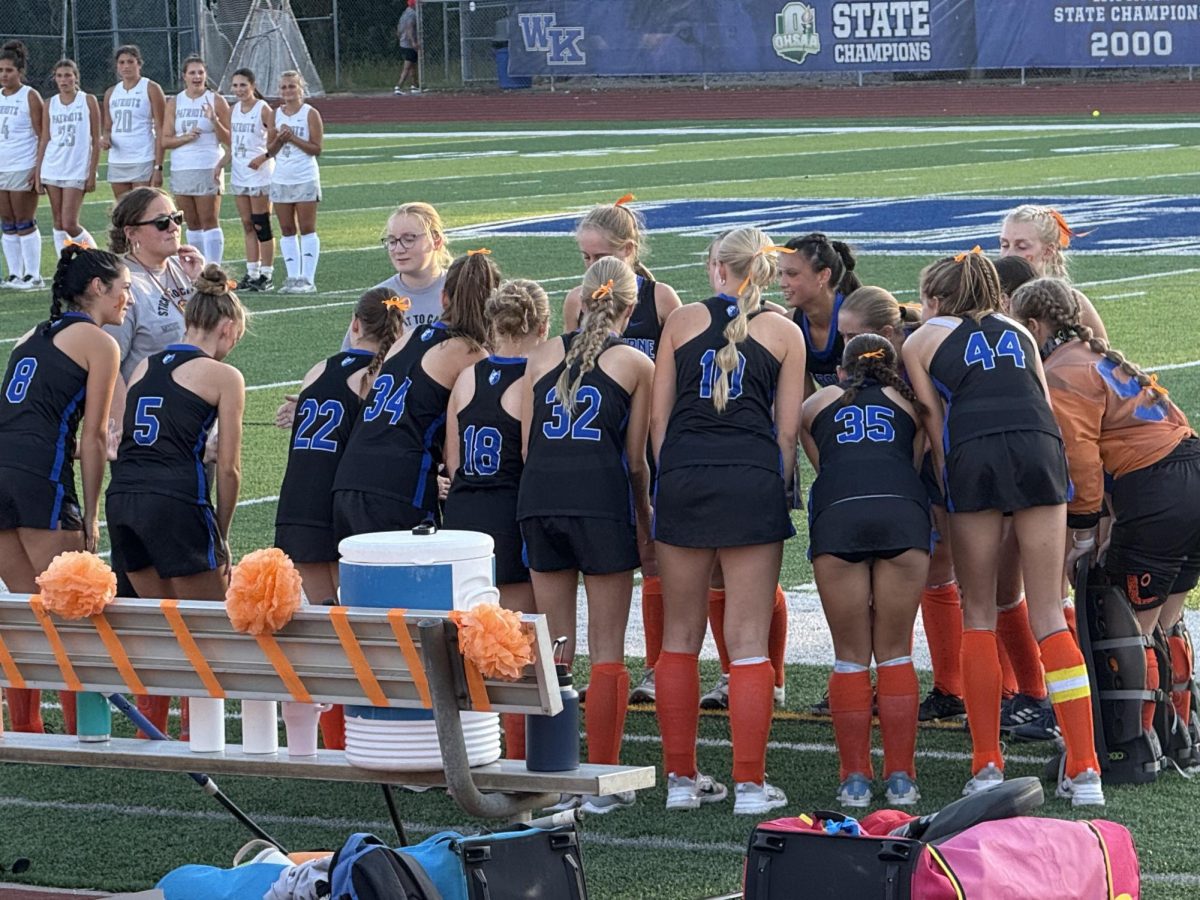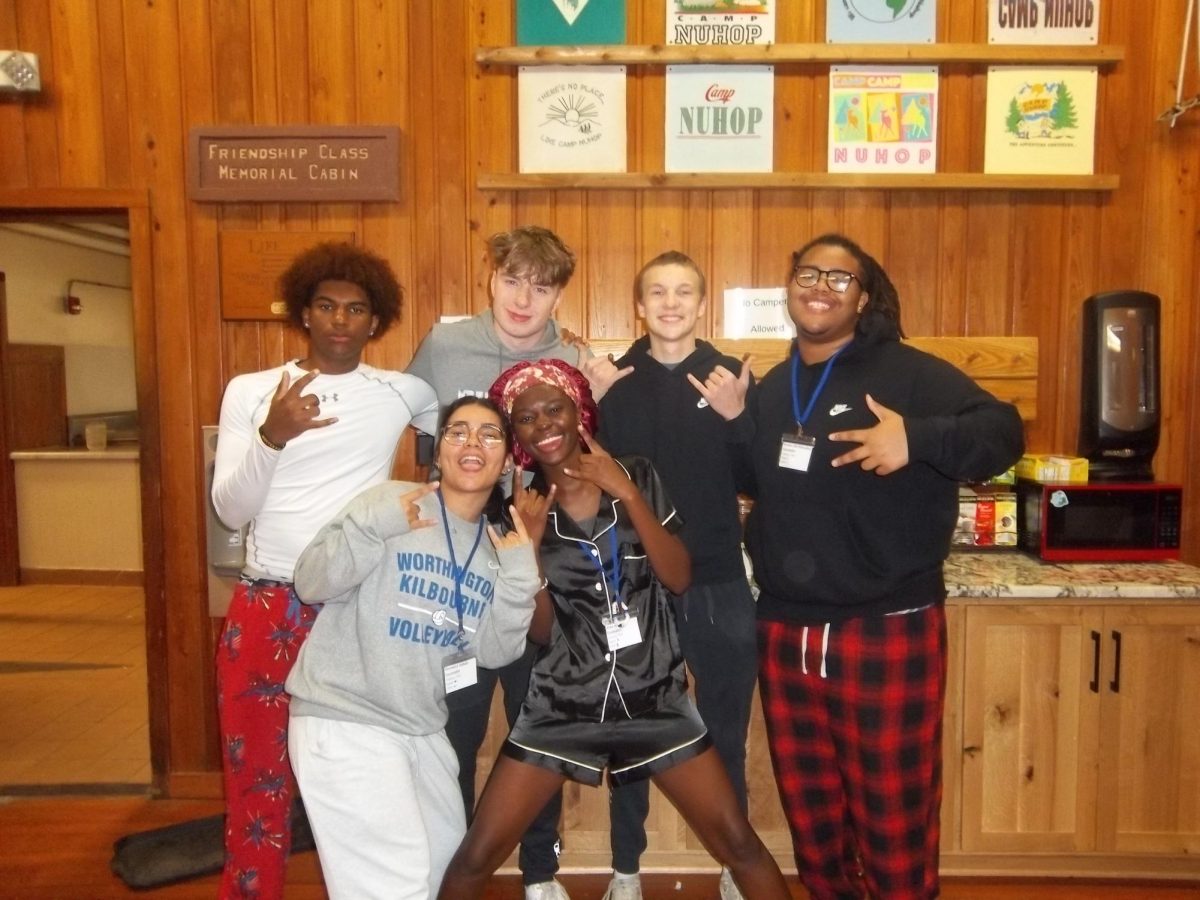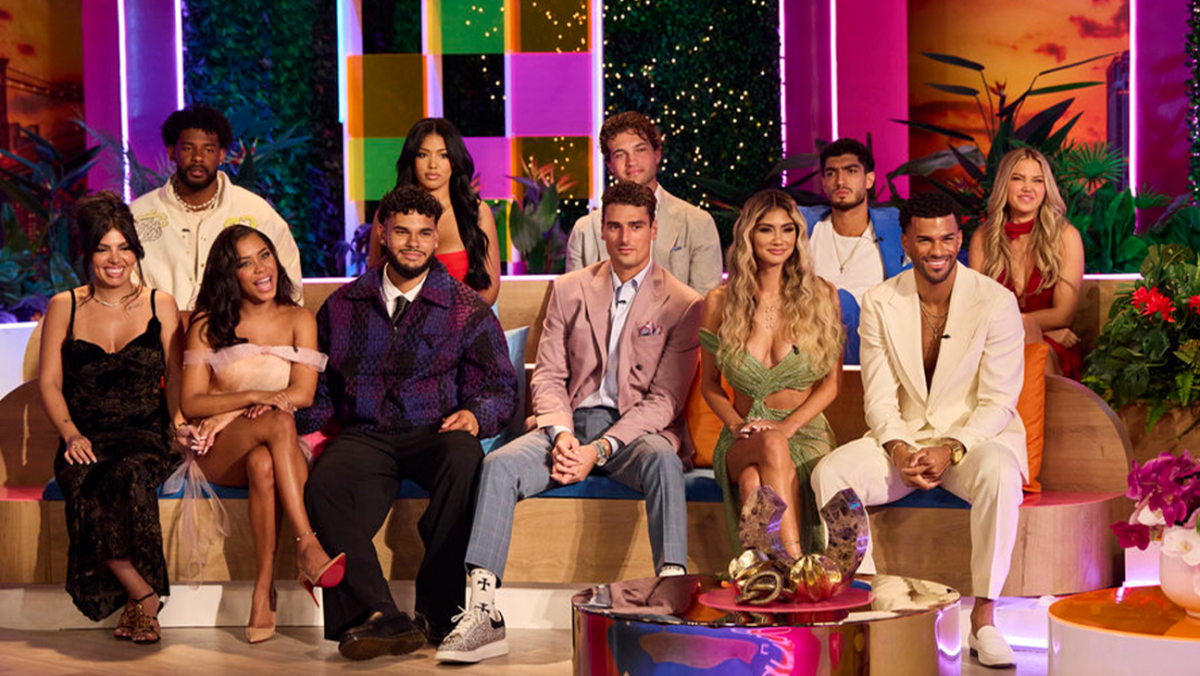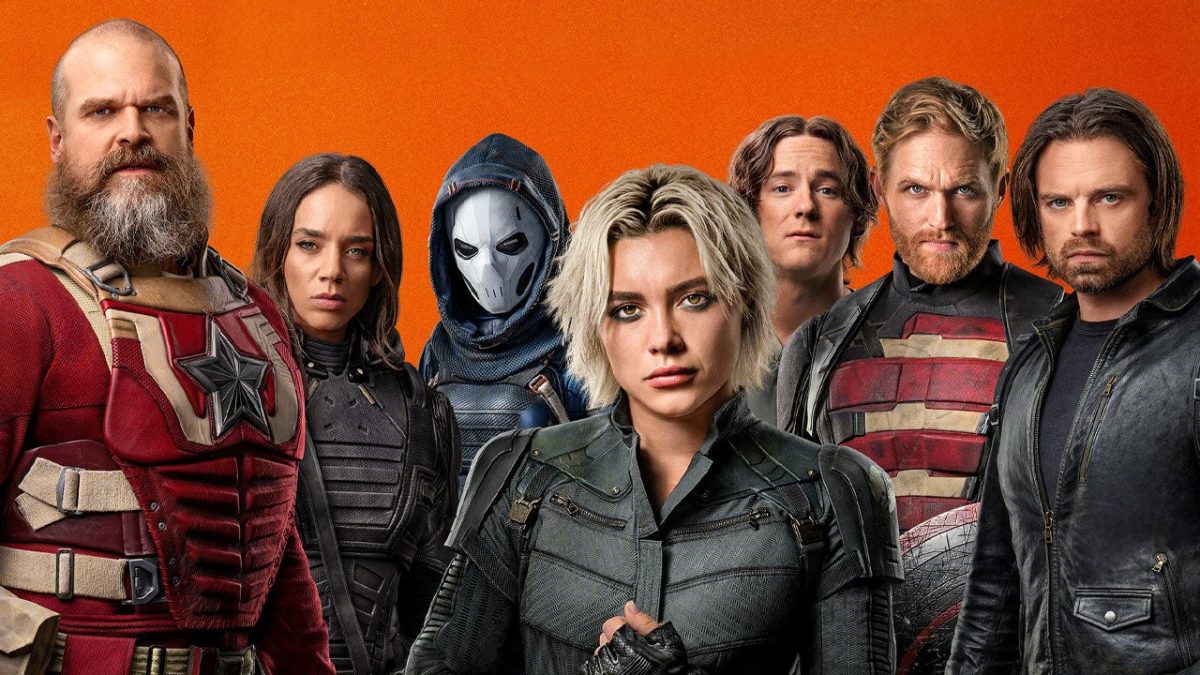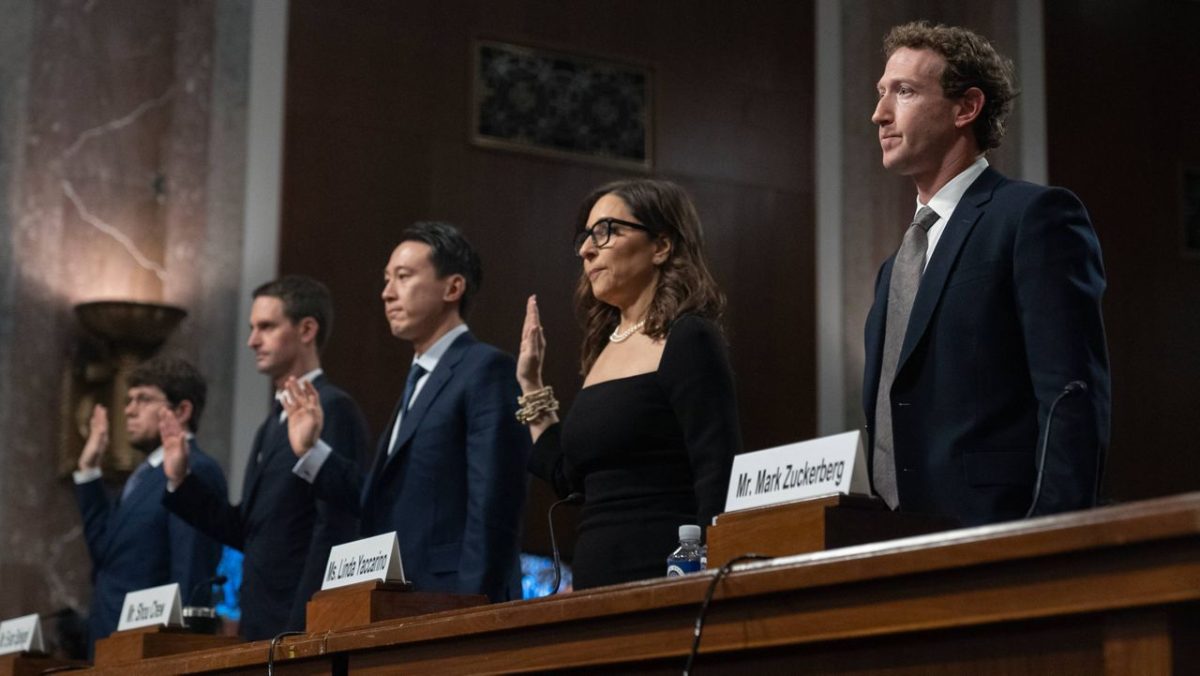On January, 31st The Senate Judiciary Committee held a hearing to take the testimonies from the CEOs of Facebook/Meta (Mark Zuckerberg) Discord (Jason Citron) TikTok (Shou Zi Chew) Snapchat (Evan Spiegel), and X (Linda Yaccarino). The reason for this hearing was to discuss the lack of child online safety on these online platforms. The courtroom was filled with victims of online crimes and even the families of victims who fell to this devastating violence. During the hearing, the CEOs were given five minutes to introduce themselves and to give their statement. Following the statements the senate then accused them of many things such as child exploitation, Sex-Tortion, as well as many different forms of mental health damage. Unfortunately, because of Section 230, these CEOs can’t be prosecuted, Leaving Senate Judiciary Committee members powerless and left to pull remorse out of the CEOs, hoping they can see the damage their apps are causing.
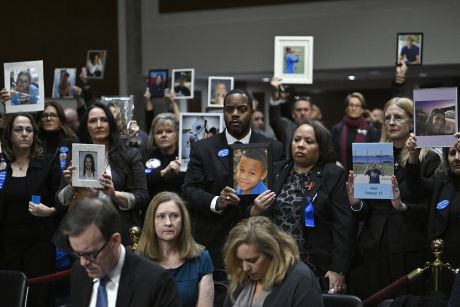
During the trial, Missouri representative Josh Hawley said “You have blood on your hands, you have a product that’s killing people. Do you even feel bad?” Then Going on to say he is disgusted with Zuckerberg’s lack of remorse and care. The full hearing lasted over 3 hours and as the CEOs exited, pictures of the victims were held up by the audience.
Section 230 is within Title 47 of the United States Code of the Communications Decency Act. Section 230 provides legal immunity and liability to developers and users regarding any online content. Currently, lawmakers are trying to reform or even repeal this law. However, there are many differing opinions following this possible outcome.
Senior student at Worthington Kilbourne High School, Sam Telcontar, shared “It is a step in the right direction because kids shouldn’t be exposed to everything that is on the internet, it’s dangerous for kids to have that much access to harmful material.”
Another Senior student at Worthington Kilbourne High School who would not like to be named said, “I believe repealing this law could be very good for the families suffering, the media creators need to be able to step up and take responsibility for the harm they’ve put out into the world. I think if the repeal went through some ‘freedoms’ like cyberbullying, harassment, and exploitation would be taken away, but the positive outcomes of this law being repealed would outweigh the negatives. This would be a huge step in helping society heal from such a damaging point.” Although the hearing is over the Senate Judiciary Committee is still working on repealing this law to prevent future happenings.
Over the past couple of decades, there have been huge technological breakthroughs and developments that have played a huge part in the society we see today, Gen-Z especially has had to grow up and learn how to navigate a world dominated but technology and the dangers that lie upon it.
Senate Judiciary Committee Chair Lindsey Graham shared in his opening statement that “37% of teenage girls ages 13-15 were exposed to unwanted nudity in a week.” He followed this statistic with another sharing, “In 2013 the National Center for Missing and Exploited Children received approximately 1,380 cyber tips per day by 2023 the number has since risen to 100,000 reports per day.” These numbers only account for the people who have spoken up about it, meaning these numbers could be much larger than shared.
When asked, an unnamed student at Worthington Kilbourne shared their own experience with online violence. Saying, “On pretty much all major media platforms there has been gut-wrenching material. I’ve seen it on Instagram, Snapchat, Twitter, Discord, Facebook, and even YouTube. If I’ve been able to see this then so many others have as well, including children.” Then goes on to say, “I have seen so many snuff films on these platforms it’s disgusting. Snuff films are just videos of people being murdered or dying from accidents. I remember people sending me these videos with no warning, and as a naive younger kid I would click on them unaware. This heavily affected me, I developed a type of resistance to those videos, which no child should ever be brought up to. Even recently on Instagram, there were snuff films that would pop up after a certain time of night, it’s horrifying to think how my younger sister or any other child could easily have access to these types of videos.”
When later asked if they have ever felt like their safety has been jeopardized on the internet they responded with “ I’ve experienced people sending me my location a couple of times, but I haven’t felt like my safety was necessarily jeopardized. These experiences were scary at first because I was in middle school, but as I grew older I found that I was unintentionally putting myself in those situations. Children have no awareness of their safety and how to manage it, which is why it’s been the parent’s job for such a long time, but now it relies on the creators of these media platforms.”
One of the most challenging parts of stopping online crimes is to try to find the right restrictions and limitations. Is repealing Section 230 even practical? Repealing this law could result in the shutdown of many social media platforms and would affect one’s right to free speech. Is the risk of losing social media worth it as long as it would protect people worldwide?
When asked, Unnamed senior at Worthington Kilbourne said, “I believe so, social media brought many ways to connect with loved ones but it also has given ways to extremely lessen the security of children. With the introduction of social media, parents don’t understand all the
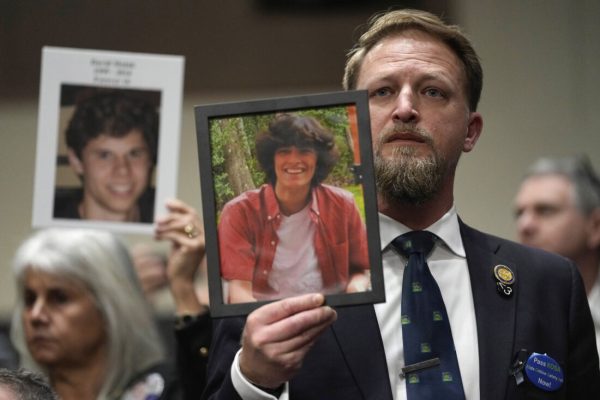
details of how it all works, which leaves the safety of our minds with the ones that created the problem. The influence that media has on young minds is very apparent with Gen Alpha which has been raised on iPhones, iPads, etc., media has addictive tendencies which is why it’s so alluring to young minds. This can be seen through Generation Z which has been raised with the developing media, these children have brought awareness to social media addictions. Social media may have been a lighthearted idea but the negative effects have brought down our society’s security, safety, and well-being.”
Worthington Kilbourne Senior, Sam Talcontar, believes otherwise, saying “It is not practical to believe that the government could shut down any or all social media platforms. Yes, there is violence and dangers you can encounter on the web but there are dangers everywhere. Social Media has done just as much good as bad. It has made it easier to stay in touch with friends and family and it even offers mental health support. What I believe to be more beneficial would be instead, we continue to teach kids and young adults to use these resources safely because that’s what they are. Resources, which is why I believe they should not be taken away.”
Safety controls are becoming a lot more common across many different platforms. Parents can restrict the hours their child spends on social media and even see the apps their child has downloaded. Instagram and TikTok have even recently started spotting and restricting disturbing content when possible.
Cierra Pierce, a junior at Worthington Kilbourne High School was asked how she practices online safety and responded by saying. “try to stay off sketchy sites like Omegle. Oh and keep your social media accounts private. only accept friend requests from people you know personally.”
Zane Gerhard, a senior at Worthington Kilbourne shared “To keep my privacy and safety I only have two platforms of social media that I change between, Snapchat and Instagram. I keep my accounts private and only add friends when I’m around the person I wanna add online. I recommend others to have very few media platforms for a higher chance of safety, to have private accounts so they know who can look at their posts, and to be aware of the risks of social media.”
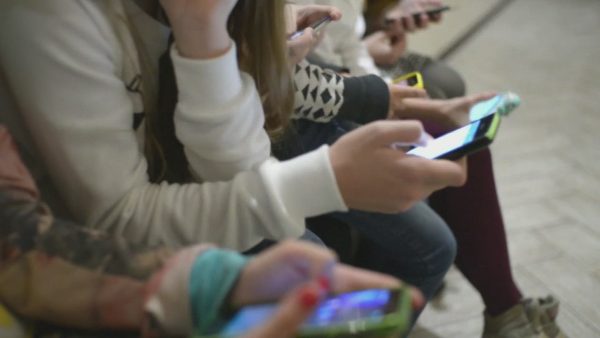
“I believe repealing this law could be very good for the families suffering, the media creators need to be able to step up and take responsibility for the harm they’ve put out in the world. I think if the repeal went through some ‘freedoms’ like cyberbullying, harassment, and exploitation would be taken away, but the positive outcomes of this law being repealed would outweigh the negatives. This would be a huge step in helping society heal from such a damaging point in time.” says Zane Gerhard.
Although the question of freedom of speech continues to come up both democrats and republics seem to agree that restrictions need to be put in place. As of now, there are still not many updates on the Status of Section 230. But, it is known that President Joe Biden is pushing Congress to reform Section 230. But, Ultimately It’s up to the Judicial branch to decide the fate of this law and of the media we have today.


